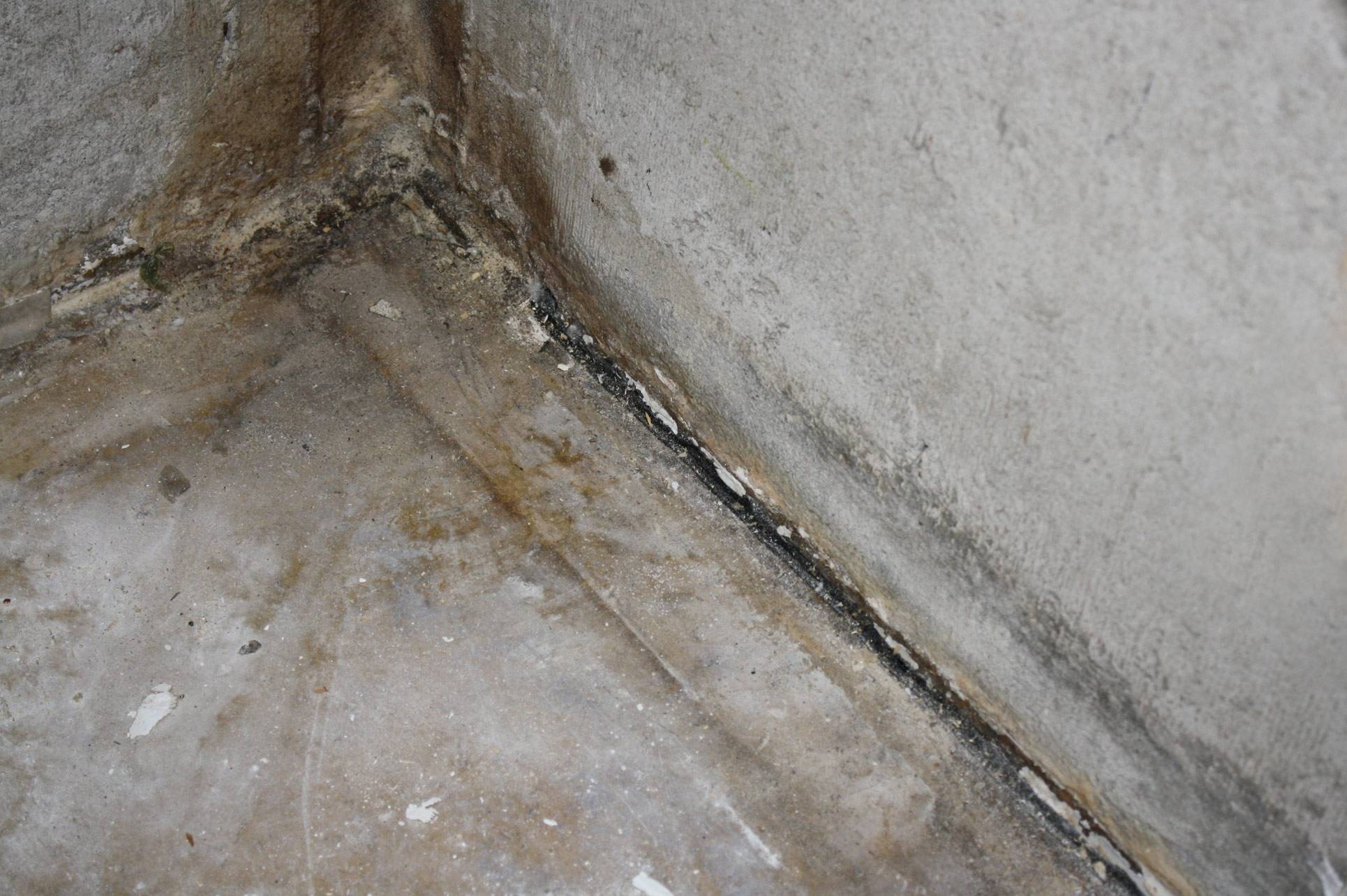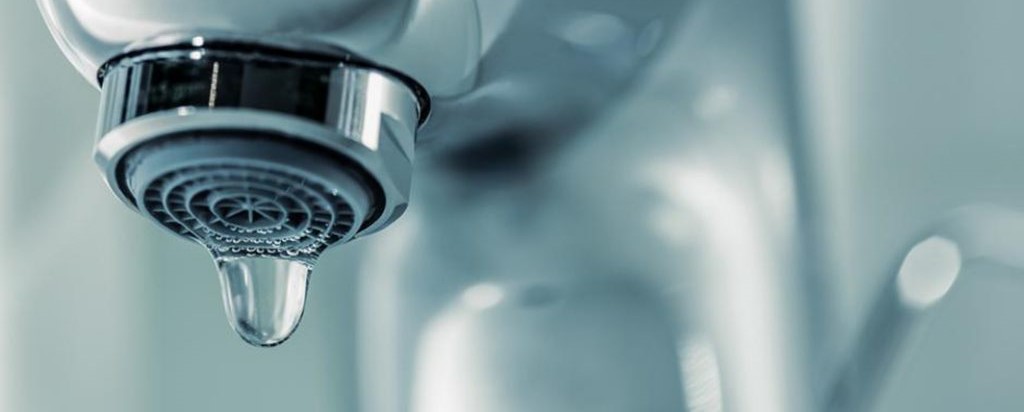We have stumbled upon the article on Top Causes of Home Water Leaks below on the net and decided it made good sense to write about it with you over here.

Leaks not only trigger waste of water however can likewise cause unnecessary damage to your house and advertise undesirable natural growth. Regrettably, water leakages could go unnoticed since a lot of the pipework in our home is concealed. By understanding as well as looking for everyday situations that cause leakages, you can shield your home from future leaks and also unneeded damages. Today, we will check out 6 leakage triggers that may be triggering your pipes to drip.
Encroaching origins
A lot of water leaks start outside the residence rather than inside it. You might see damp patches or sinkholes in your yard, and also that might indicate that tree origins are attacking water lines triggering water to leak out.
Corroded water systems
As time goes by, your plumbing system ages and deterioration such as corrosion may begin eating away the pipelines. This might be the source of staining or bending on your pipes. This calls for an inspection with your plumber quickly. If our plumbing system is old, think about changing the pipelines because they go to a greater danger of corrosion than the newer models.
Defective Pipe Joints
The point at which your pipelines connect is regularly the weakest web link in the waterline. Pipe joints can wear away in time, leading to water leakages. However, the majority of pipeline joints are not easily noticeable. If you have loud pipelines that make ticking or banging sounds, specifically when the hot water is activated, your pipe joints are most likely under a lot of pressure. It is recommended to have your plumber check your system annually.
Instantaneous temperature level changes.
Extreme temperature modifications in our pipes can cause them to expand and also get all of a sudden. This development and also contraction might trigger splits in the pipes, especially if the temperature level are below freezing. It would be best if you kept an eye on how your plumbing works. The visibility of the formerly discussed scenarios regularly suggests a high threat.
Poor Water Connectors
Sometimes, a leakage can be brought on by loosened hoses as well as pipes that provide your appliances. Typically, shifting is what creates the loose water Connections. You could discover when it comes to a washing device, a pipe might spring a leakage because of drinking during the spin cycle. In case of a water links leak, you might see water running straight from the supply line or pools around your home appliances.
Clogged Drains
Obstructed drains pipes may be aggravating and also inconveniencing, but they can often end up causing an overflow resulting in break pipelines. Keep removing any type of products that may decrease your drains pipes that might block them to stay clear of such hassles.
All the above are sources of leakages yet not all water leakages arise from plumbing leakages; some leaks could come from roof covering leakages. All leakages ought to be fixed quickly to avoid water damages.
Leakages not only trigger waste of water but can also create unnecessary damage to your residence and also promote unwanted natural development. By comprehending and looking for everyday situations that trigger leakages, you can safeguard your home from future leakages as well as unneeded damages. Today, we will look at 6 leak creates that might be triggering your pipelines to drip.
At times, a leak can be created by loosened hose pipes and also pipes that provide your devices. In case of a water links leakage, you might notice water running straight from the supply line or puddles around your devices.
Tell-Tale Signs of a Water Leak
The Sound of Running Water
If you’re hearing water running, your first step should be to check your faucets, toilet valves, and outdoor spigots. If everything if status quo, take an exact reading of your water meter and don’t use the water for a few hours. Then, take another meter reading. If there has been no change, that means water is not running (and maybe it’s time to have your hearing checked!). If the reading has changed, however, this indicates that water is indeed flowing and you most likely have a leak.
Wet or Damp Floors
You’re walking across your carpet and suddenly squish—your sock is soaked! The dog doesn’t look guilty and your child swears they didn’t spill anything. That means you’re likely looking at sewer leakage. Now, it’s easy to just soak it up with a towel and call it a day; however, this won’t stop the leak. Ignoring the problem allows moisture to build up, ultimately causing mold or mildew. Not only is this smelly, it can be very toxic and harmful to children, the elderly, pets, and those with weak immune systems. Don’t risk the health of your home and your family—call in a professional to take care of the problem.
Foul Odors
If there’s an unpleasant smell in your home and you can’t locate the source, don’t just light a candle or spray some Febreze. Funky smells are often due to mold and mildew, which spread fast under ideal conditions (optimal temperature and level of humidity). Growth begins within about 24-48 hours, and spores start to colonize in 3-12 days, becoming visible to the eye within about 18 days. If you think the odor is leak-related, get a plumber out as soon as possible to mitigate damage from rapid fungi growth (and rid your home of the foul odor).
Overgrowth in the Lawn
Unless you didn’t fertilize your lawn evenly, a lush patch of grass in a select area of your lawn, or concentrated wet spots, indicate pipe leakage which is acting as a fertilizer. Left untreated, hazardous bacteria in the underground waste will quickly turn into a messy situation, going from lush growth to lawn destruction.
Wall Cracks
Over time, even the littlest of leaks can cause cracks in the foundation of your home and compromise the entire structure. How does it happen? The leak continues hammering away at the same spot in the ground beneath your home, eventually causing it to shift slightly. Now, you’d never feel this shift, but your walls will. This can be a very dangerous situation, so if you’re seeing vertical or diagonal cracking in your walls it’s best to call a plumber right away.
https://www.expresssewer.com/blog/6-telltale-signs-of-a-water-leak-in-your-home

We were guided to that article about How to detect water leaks in your home through a friend on a different web address. Enjoyed our blog entry? Please share it. Help someone else locate it. Thank you for your time. Don't hesitate to check up our website back soon.
Expert consultation available.